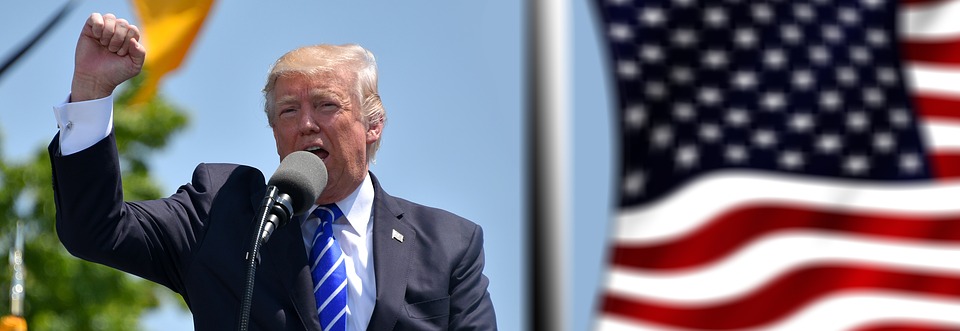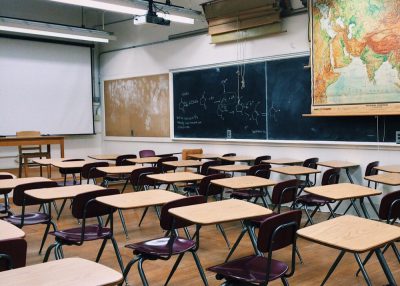Legal immigration restrictions have made it increasingly harder for University students to fulfill plans of studying in the US; they cannot leverage the fact of having their university applications already approved.
The H1B visa has also become harder to obtain with workers from countries such as Pakistan having to wait longer for their visas to be processed. H1B sponsorship is an important method whereby companies bring foreign-born professionals to the United States to work temporarily. The employer is responsible for filing the H1B visa petition with the U.S. Immigration Department.
The Trump administration has been cracking down on immigration since taking office. The administration has taken significant steps in a bid to overhaul legal migration, ensuring that there are many restrictive requirements that have to be followed. Although the task of determining the number of visa denials issued since taking over, there are some noticeable changes in school departments that admit foreign students in their programs.
The universities have experienced difficulties in both hiring and getting new students to be enrolled in their schools. These students are anxious because of the uncertainty of whether their application will be denied or accepted.
Students anxious about legal immigration
Elizabeth Gill, director of international employment and immigration at Montclair State University, reflects on the current fear and shattered dreams of students and workers who are qualified to come to the US but have been hit by a stumbling block along the way.
She explains that three students were admitted into their education department. However, only one could come to the US. She also explained about a scientist they wanted to hire from Pakistan. The scientist applied for an H1B work visa in early March and to date; the request is yet to be processed.
In March this year, Montclair’s president and 30 other university leaders in New Jersey applied through a letter to state legislators to keep their international students.
This indicated how these schools are trying to cope with the ever-increasing erosion on protecting the rights of foreign-born students. They argued in the letter it is becoming harder with each passing day for these students to live and study in the USA due to the cumbersome legal immigration policy.
Legal immigration deemed cumbersome
On the challenges they are facing when bringing new students into their university, Gill said:
When we are hiring somebody from abroad, and they have to go through the visa application process, for certain countries and in certain fields of study we’re very regularly now seeing what’s called ‘administrative processing’ and that means that the person is being sent through additional visa review, kind of like a background check, to get their visa, approved, hopefully.
She continued by highlighting how these cumbersome process has resulted in fewer admissions of foreign-born students to their universities. Some of the requests being asked by immigration officers to these universities fall short of being unreasonable.
Continuation of the legal immigration policy will see universities without the required number of students in classrooms, unfilled technical positions because of delays in H1B work visa and erosion of protection guaranteed to students already here. This will be a massive problem for universities across the country.







